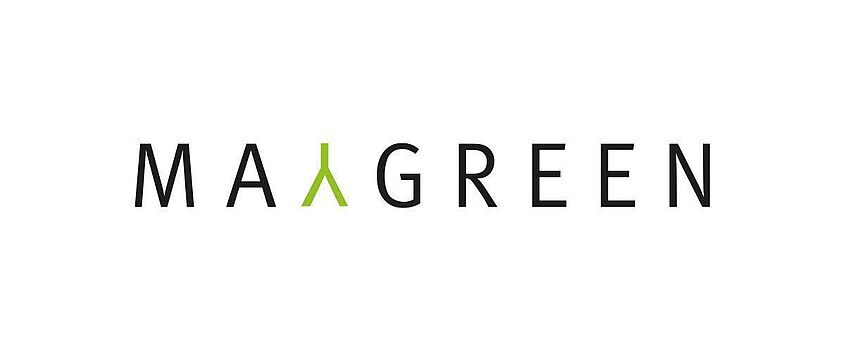Default Values or Actual Emissions?
What CBAM Still Leaves Open
From 2026 onwards, in the second phase of the CBAM, companies will be required to calculate and report their embedded emissions – that is, the CO₂ emissions generated in third countries during the production of imported goods. Yet one key question remains unresolved: must importers request actual emissions data from their suppliers, or is this no longer required when default values are applied?
Limited clarification in Recital (19) of the new Regulation (EU) 2025/2083
“Authorised CBAM declarants are required to submit an annual CBAM declaration containing the calculation of embedded emissions on the basis of either default values or actual values verified by accredited verifiers. Default values should be calculated and made available by the Commission. The verification of embedded emissions should therefore only apply to actual values.”
Accordingly, Article 7 of Regulation (EU) 2023/956 allows both: calculations based on actual emissions or on default values determined by the European Commission.
What appears clear at first glance, however, still raises questions in practice.
The regulation does not explicitly state whether suppliers are obliged to disclose their emissions data even if the importer relies on default values.
This uncertainty becomes particularly evident in complex supply chains where data from multiple sources must be consolidated.
The European Commission is currently developing implementing acts that will define how default values are calculated and how detailed the underlying data must be. These acts may introduce different default values for various production methods of the same CBAM good.
It therefore remains unclear to what extent the obligations of importers – even when applying default values – will extend to collecting emissions data from their suppliers.
What seems clearly regulated on paper remains a grey areain practice.
Nowhere is it explicitly stated whether importers must actively request data from their suppliers even when default values are used – for instance, to ensure that the correct default values are selected.
As default values are set by the European Commission with a markup, they will generally result in higher reported emissions compared to actual emissions – and thus in a higher demand for CBAM certificates and higher costs.
Companies that continue to collect actual emissions data and maintain close communication with their suppliers beyond 2026 will not only ensure transparency and legal certainty, but also achieve financial advantages.
The current transitional phase is the ideal time to establish and test these processes – before they become mandatory.
MAYGREEN has been supporting companies since the introduction of the regulation in 2023 in building compliance-secure processes – with structured supplier data requests, transparent data collection, and automated CBAM workflows through the MAYGREEN CBAM Facilitator software.

